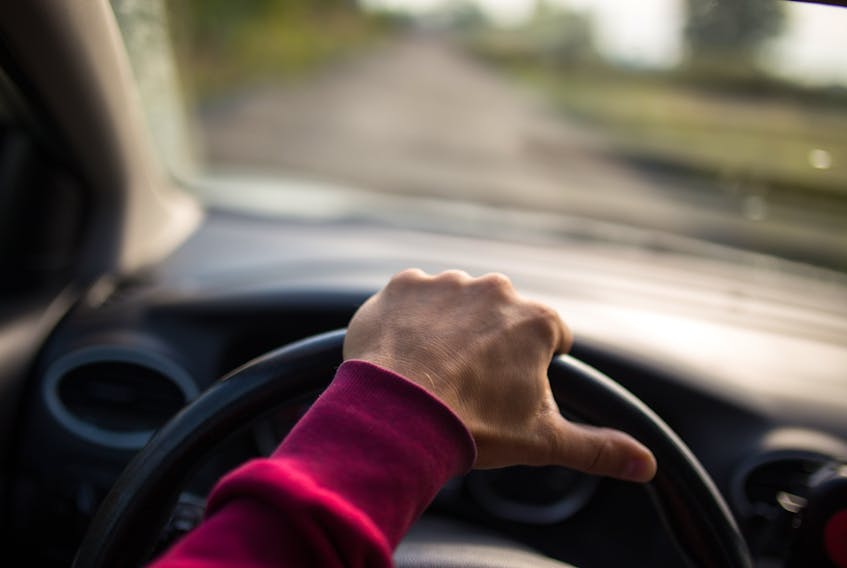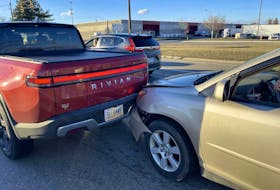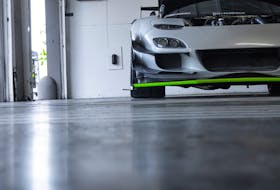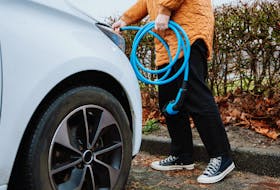Driving is freedom and independence. It allows us to get where we want or need to go on our own schedule, whether for work or another purpose.
But, driving is a complex skill that can be affected by changes in our physical, emotional and mental health.
One increasingly common health issue as it relates to driving is sleep apnea.
Sleep apnea is a condition in which breathing is interrupted during sleep, resulting in decreased oxygen levels in your blood.
Each time you stop breathing, your body reacts by partially or completely coming awake. This often occurs many times through the course of a night.
If you don’t get enough sleep, you wake up groggy and remain off kilter the remainder of the day.
Obviously, being sleepy while behind the wheel is not a good practice. You are likely to have difficulty staying alert, and not able to identify a potentially dangerous situation in time to react appropriately. In fact, those reactions may be wrong.
As a rule, if you find yourself falling asleep at work or at home regularly outside normal bedtime hours, you should not be driving. It is not only unsafe for you, but for others on the road as well.
Denial is common. Many sleep apnea sufferers will claim they never fall asleep at the wheel. But you don’t have to fall asleep to cause or become involved in a crash.
All it takes is a momentary loss of attention. Think of it as yet another form of distracted driving — your eyes and mind are not on the job at hand — driving.
Sleep apnea has become quite common — as has treatment. You can still drive safely if you suffer from sleep apnea — if your condition is being treated by professionals.
There are a number of effective treatments that will allow you to continue to drive safely.
It is a good practice to have someone accompany you on long drives.
If you begun to feel drowsy, they can take over. Use this opportunity to take a nap or drink a caffeinated beverage.
If your sleep apnea persists, or becomes severe, depend on others for driving.
Consider alternatives such including rides with family and friends, taxis, shuttle buses or vans, public transit and walking.
Also, senior and religious centers as well as other local service groups often offer transportation services in a community
Sleep apnea is a serious, potentially life-threatening condition that should not be ignored and self-treatment is not recommended. Talk to your doctor.









